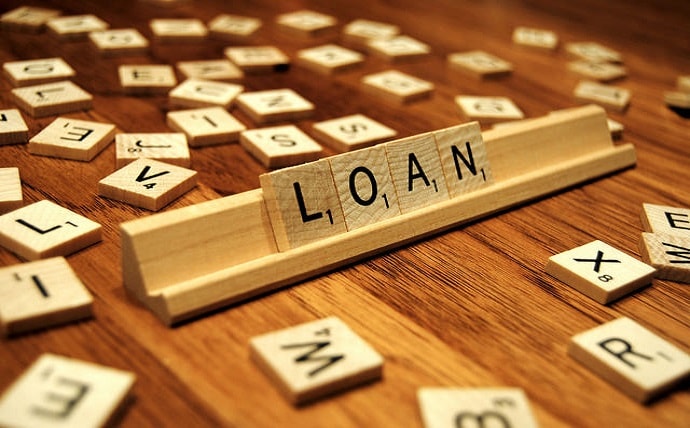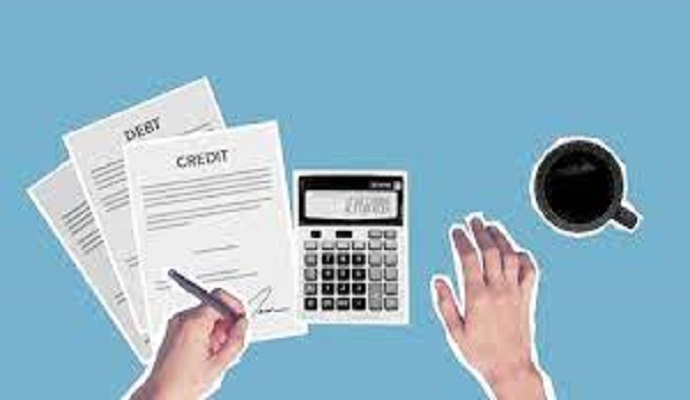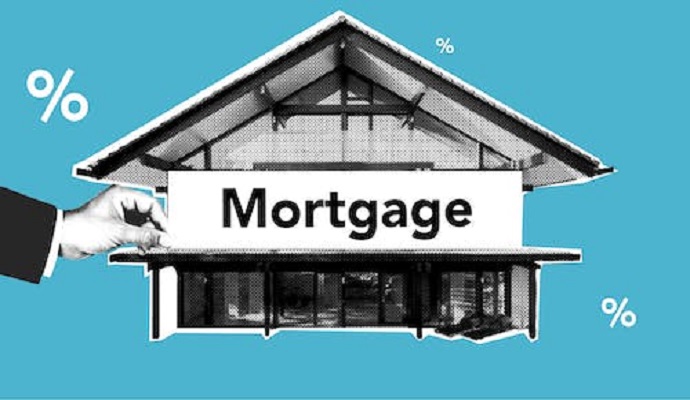
Bad debt loans or good debt? What is the difference between the two? Do you have any experience in applying for a business loan, salary loan, housing or even a car loan? Where do you usually apply for a loan? In a bank, cooperatives, or other private lending companies? The best thing about loans is that they can be use as a leverage to make money without using your own money. It’s a “use other people’s money” thing.
For me, good debt loans are those loans that used to start a business or used as an investment capital. Imagine when you are applying a loan, it’s very easy. But, you have to ask yourself, how can you pay or the loan or is it worth applying for it since the money you borrowed is earning interest?
Good debt loans should be choose over bad debt loans. The reasons why we should avoid bad debt loans is that it is not easy to escape to “debts”. However, if you have good debts (meaning you are making a lot of money out of your loans), you don’t want to escape because you are making profit from borrowing other people’s money.
How to Avoid Bad Debt Loans?
1. Don’t borrow money if it is not necessary.
If it is not necessary, do not apply for a loan. Use your own money as you can to avoid debts. But, if you are planning to apply for a loan to have a business start up capital, then go for it.
Always remember that the loans you borrowed are earning interest. So make sure you are making money out of borrowing money to cover or to surpassed the interest.
2. Borrow money for your investment capital.
Believe me, the secret of getting rich is to use other people’s money. Rich people are getting richer because they know how to leverage. As I mentioned earlier, a good debt loans are those loans that used to make another money.
In my personal experience, I apply for a loan and invest the money in mutual funds, stocks and business. Fortunately, I make money out of it and cover the interest rate of the loans.
3. Don’t use the borrowed money for personal pleasures.
Imagine if you will buy a new mobile phone or a new car using your loans that earns interest. Will that car make money for you? Ask yourself, is it worth paying for the interest of the loans just to have a new mobile phone?
Which is better? To borrow money for a business or to borrow money just to have a new car? That’s a pretty goo question. I might choose option number one.

Danger of Bad Debt Loans
There are many dangers associated with bad debt loans. The first one is accumulated interest. I know you are familiar with a “balloon”. If you forgot to pay for a loan, the interest has also compounding effect.
What is a compounding effect? For example, if you borrow $100 that earns 1% or $1, if you fail to pay it, the next time you pay for your loans will be $101 and the interest rate of 1%.
Simple math, but it make sense to think about it. Use compound interest effect in your own advantage not for other people especially for lending institutions or credit card companies.
Tips and Warnings
- Do apply for a loan for business or investment capital only.
- If you want to apply for a house or car loan, do make a comparison of interest rate offered by different banks or lending institutions.
- Use the compound interest effect to accumulate money and not for other people.
Now you have an idea what is a good debt and what is bad debt loans and how to avoid or take advantage of them. See you in my next post. Stay tuned to InvestmentTotal.com for more free financial knowledge.









DISCLAIMER: The information provided on InvestmentTotal.com is for general informational purposes only. The content on this website is not intended to be, and should not be construed as, professional financial advice.